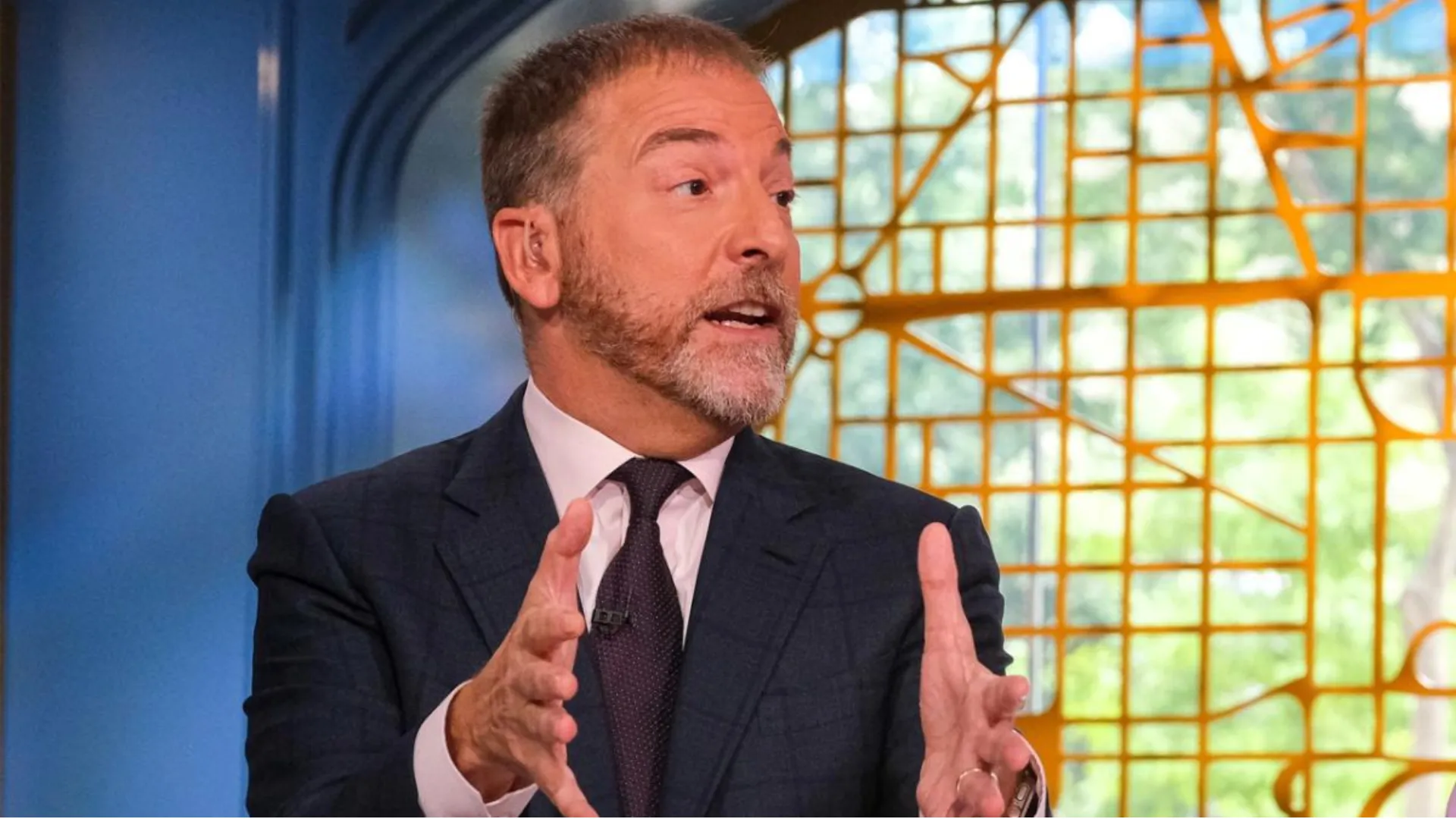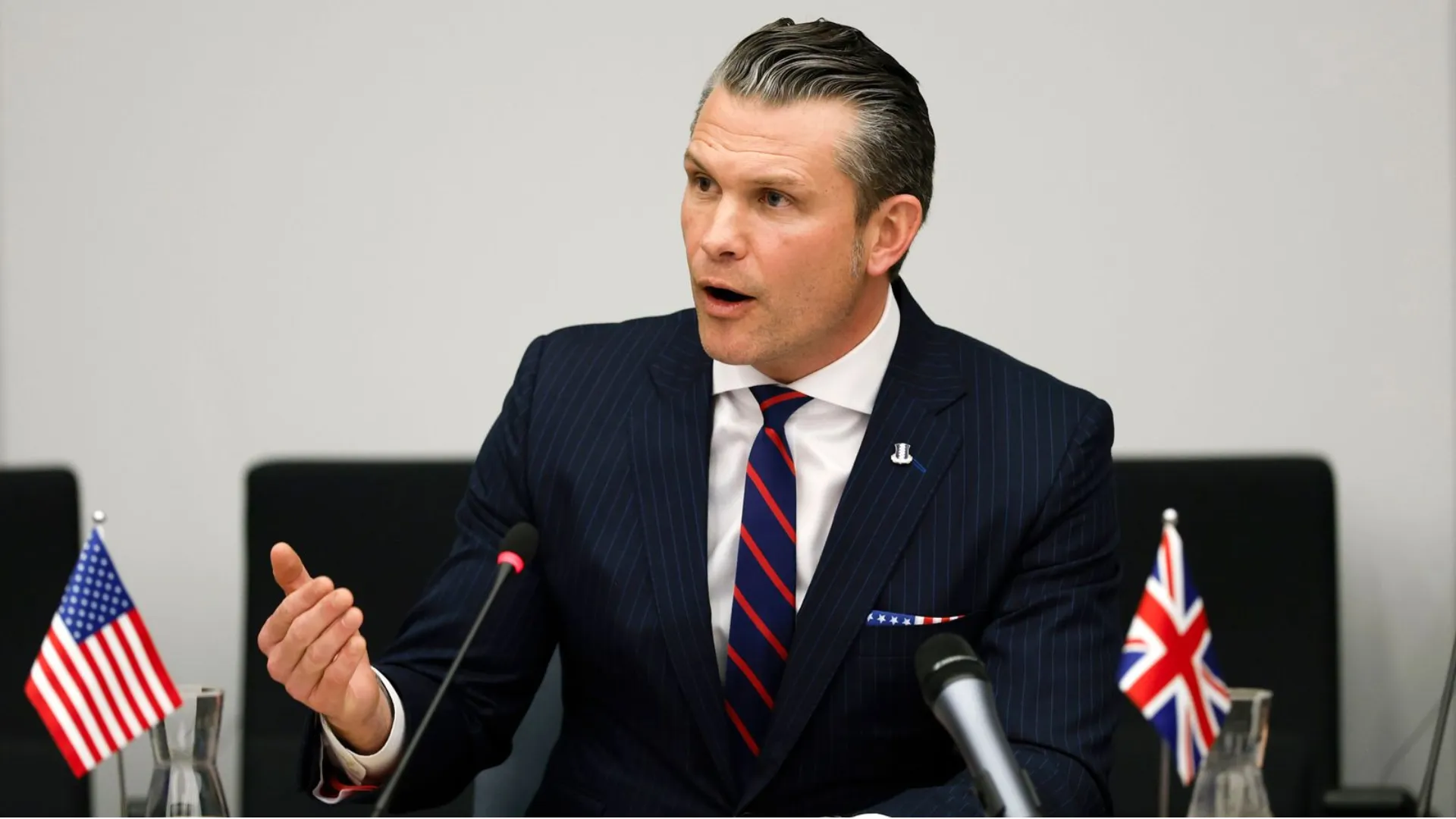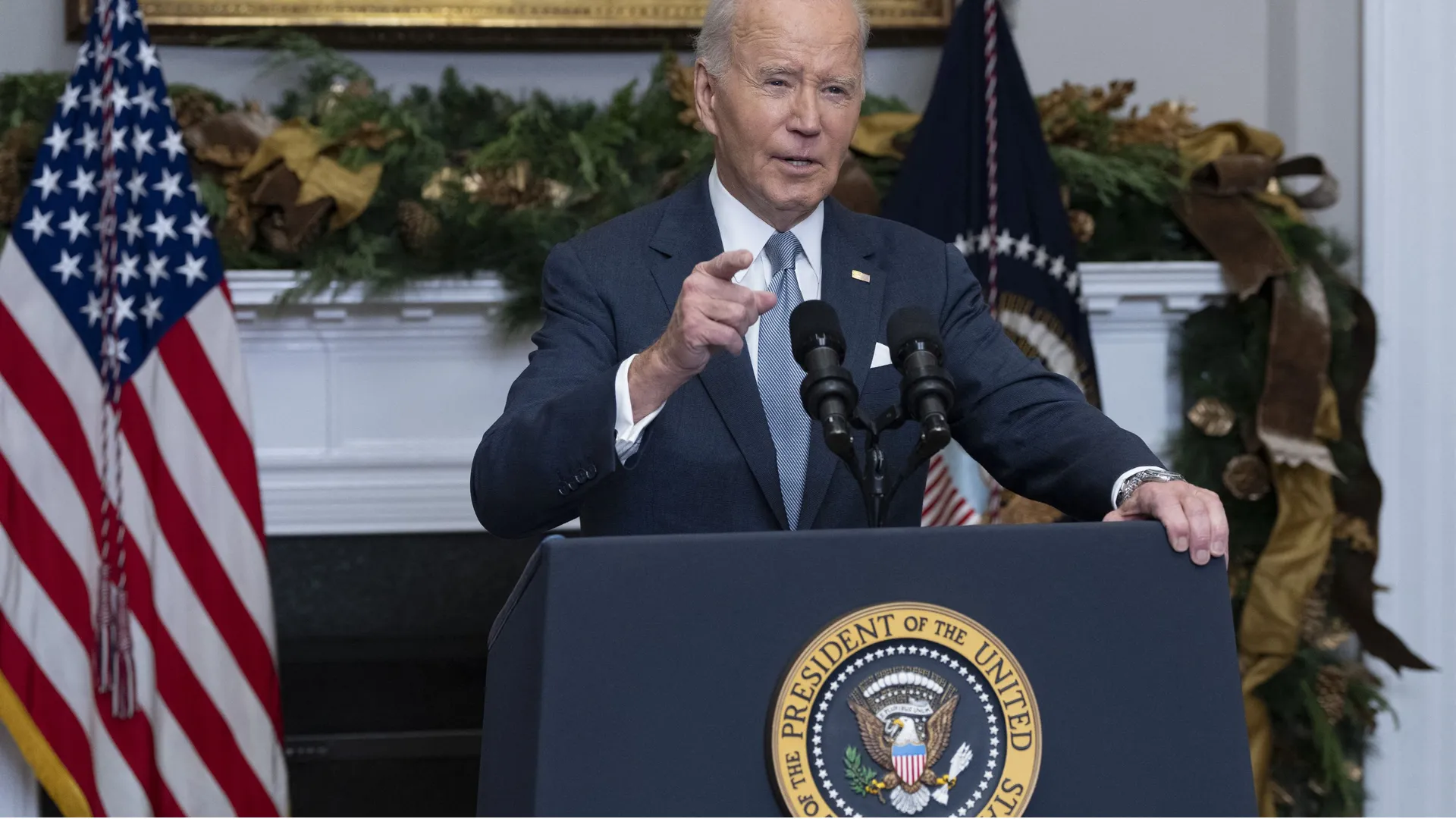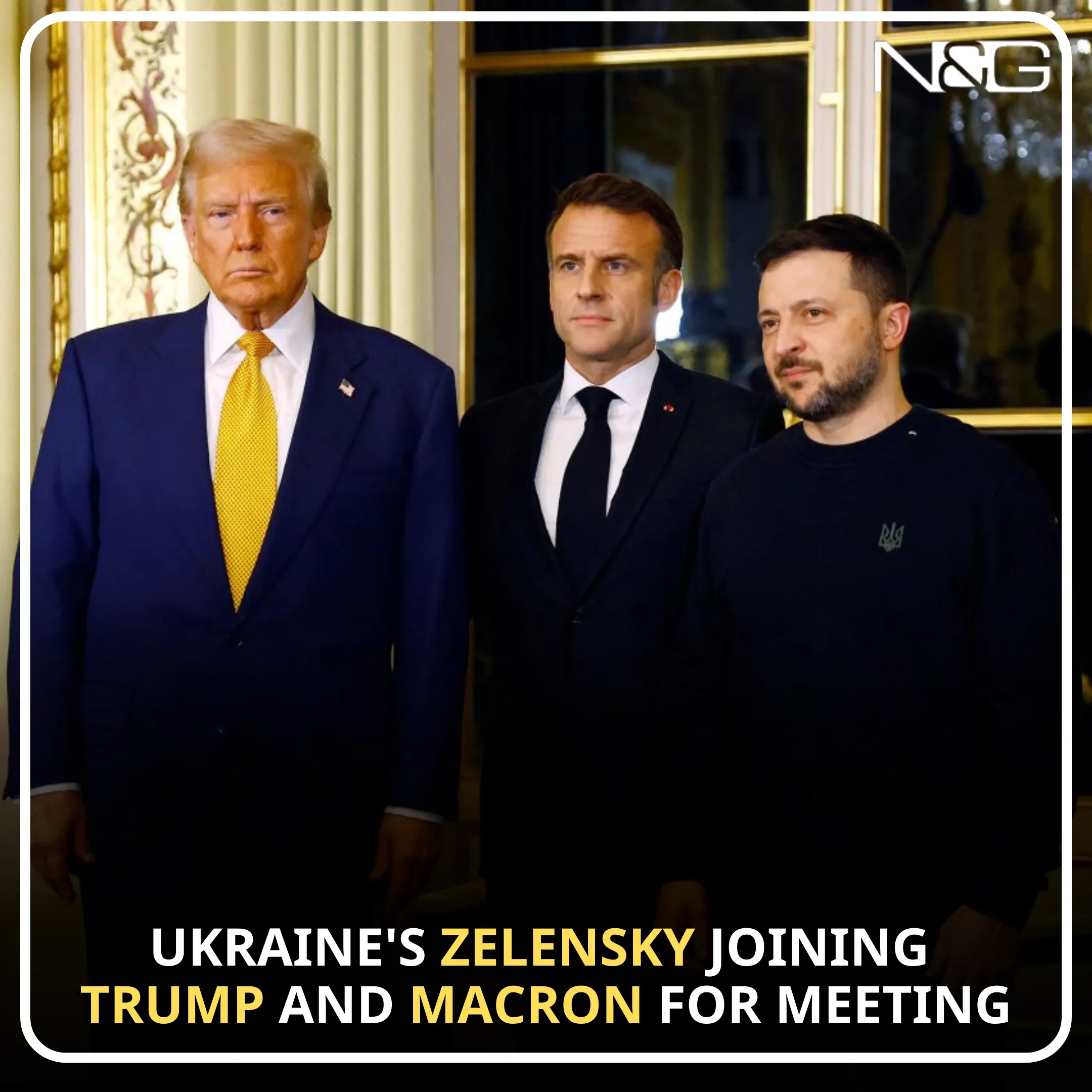
On his fourth day in office, President Donald Trump sought to project his influence globally. Speaking virtually at the World Economic Forum in Davos, he dominated the event with his larger-than-life presence, delivering a bold vision for America’s role in the world. His rhetoric resonated as a challenge to the traditional global order, showcasing his commitment to disrupting both domestic and international norms.
Trump's speech marked a continuation of his frenetic first days in power. He threatened tariffs on European exports, demanded NATO allies increase defense spending, and pressured Russian President Vladimir Putin for progress on Ukraine while maintaining a tough stance on China. These moves underscored his intention to reshape America’s foreign policy, prioritizing unilateral action and national interest.
The president's address in Davos offered his clearest articulation yet of “America First.” He emphasized the United States as a sovereign nation focused solely on its own benefit. This perspective starkly contrasts with the post-World War II Bretton Woods framework, designed to foster global cooperation and stability. Trump dismissed these institutions, arguing they have long disadvantaged the United States and signaled that all future foreign policy actions would be evaluated strictly through an America-centric lens.
Trump further declared America’s self-sufficiency, asserting the nation does not need external resources or markets. Citing Canada as an example, he claimed the US could rely on its own forests, oil, and gas without depending on its northern neighbor. This rhetoric extended to criticisms of the European Union, which he accused of stifling American companies like Google, Apple, and Meta through restrictive regulations. For Trump, these tech giants represent American power and influence, further justifying his opposition to EU policies.

In a striking demand, Trump called on NATO allies to increase defense spending to 5% of GDP, a figure many European countries would struggle to meet without drastic cuts to social welfare programs. His transactional view of alliances dismissed NATO’s mutual defense principle, which allies invoked in support of the US after the 9/11 attacks. Trump’s stance exemplifies his disregard for traditional alliances, favoring unilateral action over multilateral cooperation.
Trump’s rhetoric also extended to territorial ambitions, referencing Greenland and reiterating his suggestion that Canada could join the United States as its 51st state. These comments, while unlikely to result in actual policy changes, reflect his preference for dominance and expansion. His remarks also challenge the foundational principle of sovereign equality enshrined in the United Nations charter, further distancing the US from the global norms it once championed.
While often described as isolationist, Trump’s approach is more complex. He envisions the US as a dominant power in its hemisphere, selectively engaging elsewhere based on its own interests. Secretary of State Marco Rubio clarified this stance, emphasizing the primacy of national interest and bilateral engagements over multilateral institutions. This strategy relies on America’s economic and military strength to secure advantages in its dealings with other nations.
Trump’s embrace of tariffs reflects his broader economic strategy. He framed tariffs as a tool to strengthen the US economy, warning business leaders that outsourcing production would incur significant costs. By imposing duties on imports, he aims to redirect wealth and jobs back to America, echoing the policies of President William McKinley, whom Trump has recently praised. McKinley’s use of tariffs to bolster industrial growth aligns with Trump’s vision of reviving American manufacturing.

However, Trump’s tariff strategy has drawn criticism from economists who warn of potential repercussions, including higher prices for American consumers and disruptions to the global economy. History offers cautionary tales, such as the retaliatory tariffs during the Hoover administration, which exacerbated the Great Depression. Franklin Roosevelt, in his 1932 campaign, warned against such policies, noting the damage they inflicted on trade relationships and domestic markets.
Despite these warnings, Trump views tariffs as a permanent feature of his economic policy rather than a short-term negotiating tactic. His speech in Davos reinforced his belief in their ability to boost domestic industries and fulfill his campaign promises. Yet, his disregard for expert concerns and historical lessons underscores the radical nature of his approach.
Trump’s presidency represents a fundamental departure from the principles that have guided US foreign and economic policy for decades. His vision of a dominant, self-reliant America challenges the multilateral frameworks that have defined the post-war era. As he forges ahead with his disruptive agenda, the world watches with a mix of apprehension and fascination, uncertain of the long-term consequences of his leadership.



